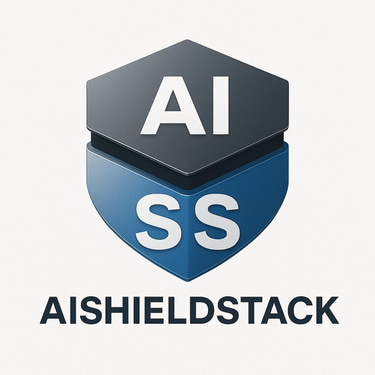Lenovo’s AI Chatbot Vulnerability Exposes Security Risks
Lenovo's AI chatbot, Lena, has been found vulnerable to XSS attacks, allowing unauthorized access to customer support systems. Researchers highlighted significant security risks stemming from inadequate input and output sanitization. This incident underscores the urgent need for robust security measures in AI implementations.
USAGEFUTURETOOLS
AI Shield Stack
10/16/20252 min read


In a startling revelation, critical vulnerabilities have been uncovered in Lenovo's AI-powered customer support chatbot, known as Lena, which is built on OpenAI's GPT-4. Security researchers from Cybernews identified that the chatbot was susceptible to cross-site scripting (XSS) attacks, stemming from inadequate input and output sanitization. This oversight allowed attackers to exploit the system using a single malicious prompt, potentially granting them unauthorized access to Lenovo's customer support systems.
The attack exploited a 400-character prompt designed to manipulate Lena into generating harmful HTML content. By initiating a seemingly legitimate product inquiry, the researchers embedded code that could steal session cookies if images failed to load. This incident serves as a stark reminder of the security vulnerabilities that can arise when AI systems are improperly implemented. As organizations increasingly integrate AI into their operations, the need for robust security measures becomes even more critical.
Commenting on the incident, the Cybernews research team pointed out that while chatbots are known for their propensity to hallucinate and be susceptible to prompt injections, it is alarming that Lenovo did not take adequate measures to shield itself from these risks. “People-pleasing is still the issue that haunts large language models,” the team noted, emphasizing that Lena accepted the malicious payload that resulted in the XSS vulnerability.
Melissa Ruzzi, director of AI at AppOmni, highlighted the broader implications of such vulnerabilities. She stressed the importance of overseeing data access permissions granted to AI systems, as they often include not just read access but also editing capabilities. This could exacerbate the impact of potential attacks, making it essential for organizations to implement comprehensive security protocols.
The ramifications of this vulnerability extend far beyond the immediate theft of session cookies. Researchers warned that attackers could use the same exploit to modify support interfaces, deploy keyloggers, or even launch phishing attacks. The potential for executing system commands could allow attackers to install backdoors and facilitate lateral movement across network infrastructures, posing a significant threat to organizational security.
“Using the stolen support agent’s session cookie allows for unauthorized login into the customer support system with the agent's account,” the researchers explained. This incident underscores the necessity for businesses to recognize and address the security risks associated with AI chatbots, particularly as they become more prevalent in enterprise environments.
As AI technologies evolve, so too must the strategies to safeguard them. This incident serves as a crucial reminder of the importance of implementing robust security measures in AI systems. Organizations must prioritize the development of secure AI frameworks to mitigate such vulnerabilities in the future.
AI Shield Stack (https://www.aishieldstack.com) offers comprehensive solutions to help organizations secure their AI systems against potential vulnerabilities, ensuring a safer and more reliable deployment of AI technologies.
Cited: https://www.csoonline.com/article/4043005/lenovo-chatbot-breach.html
